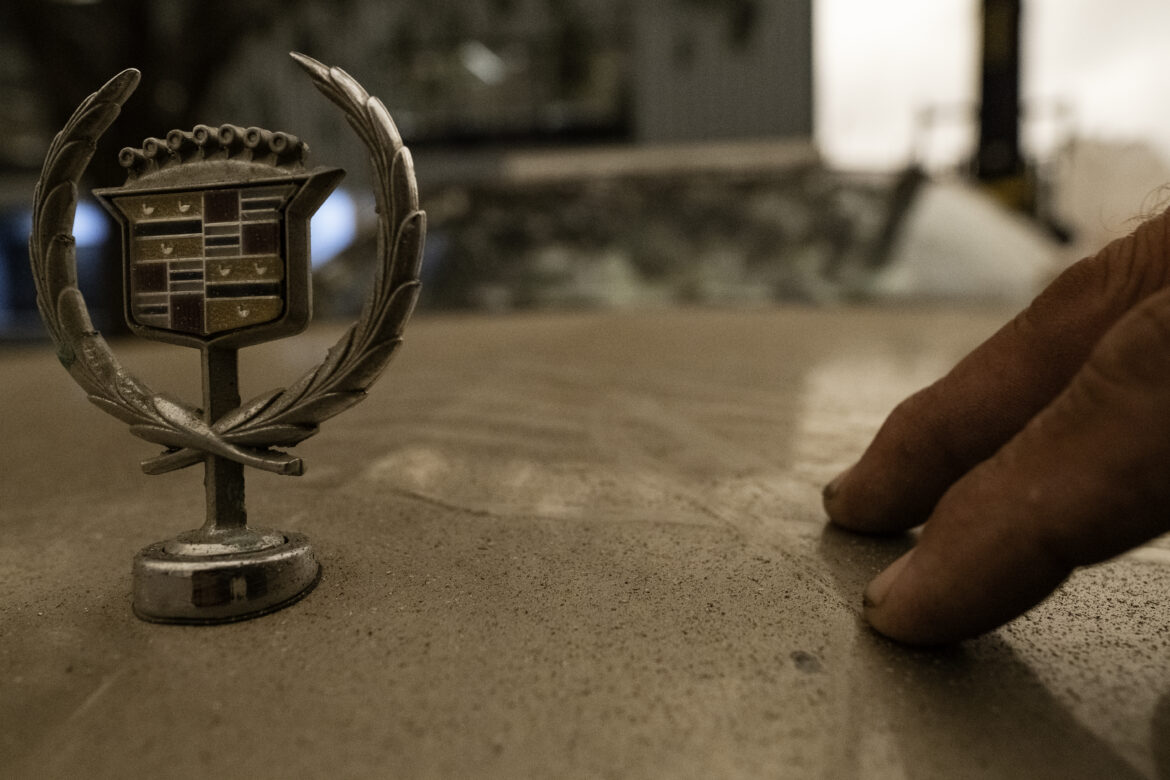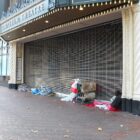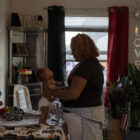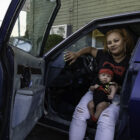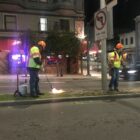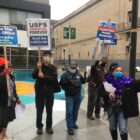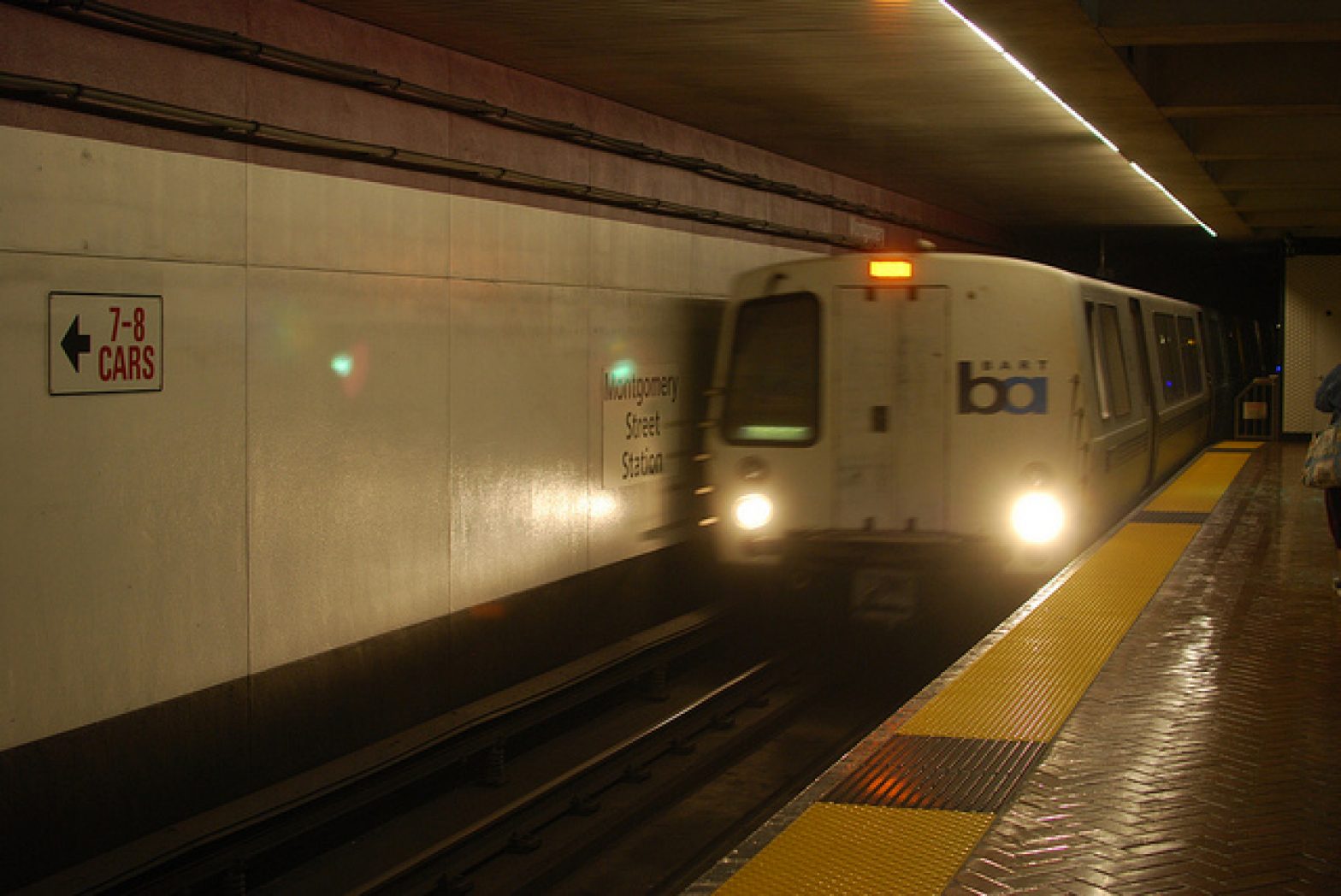Housing
Photo Essay — Pandemic Makes Ride-Hailing Gig Untenable for S.F. Man Living in His Car
Earlier this year, the San Francisco Public Press featured Gregory Nelson in “Driving Home: Surviving the Housing Crisis,” a photojournalism project by Yesica Prado documenting the experiences of people living in vehicles in the Bay Area. Prado followed up with Nelson to find out how his life has changed during the pandemic. » Read more
